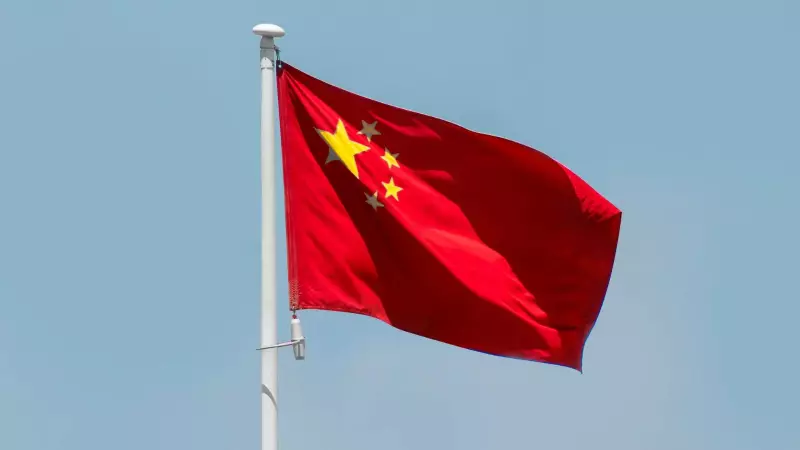
In a startling revelation that exposes the long reach of Chinese censorship, government officials from Beijing successfully pressured a small independent film festival in New York to cancel the screening of a documentary about Tibet. The incident occurred in October 2023 and involved the Woodstock Film Festival, highlighting how China extends its domestic censorship policies globally.
The Diplomatic Pressure Campaign
The controversy centered around "The Long Walk Home: The Forbidden Return to Tibet," a documentary by Tibetan filmmaker Tenzing Sonam. According to emails obtained through public records requests, Chinese diplomats from both the New York and Washington consulates engaged in coordinated efforts to have the film removed from the festival program.
The pressure campaign began when Chinese officials discovered the film's inclusion in the festival lineup. Consul General Huang Ping from the New York consulate and other diplomats sent multiple communications to festival organizers, arguing that the documentary contained "inaccurate information" and promoted "separatist agendas." They explicitly demanded the cancellation of the screening, framing it as necessary for maintaining "friendly relations" between nations.
Festival organizers initially resisted the pressure, with executive director Meira Blaustein responding that they valued "artistic freedom and diverse perspectives." However, as the diplomatic pressure intensified, the festival ultimately capitulated and removed the film from its schedule, citing "unforeseen circumstances" in their public announcement.
The Documentary That Triggered Beijing's Wrath
The controversial film, directed by Tenzing Sonam who now lives in exile, explores the emotional journey of Tibetan exiles attempting to return to their homeland. It documents the complex realities of contemporary Tibet and the challenges faced by those separated from their cultural roots. The filmmaker has stated that his work aims to "humanize the Tibetan experience" rather than promote political agendas.
Chinese officials particularly objected to segments discussing Tibet's historical status and current political situation. Beijing maintains that Tibet has always been part of China and rejects any suggestions of Tibetan independence or cultural suppression. The government's sensitivity about Tibet stems from its strategic importance and the ongoing international attention on human rights issues in the region.
Broader Pattern of Global Censorship
This incident is not isolated but represents a growing trend of China exporting its censorship policies beyond its borders. Similar pressure tactics have been documented in academic institutions, publishing houses, and cultural organizations worldwide. What makes this case particularly concerning is that it targeted a small, independent arts organization rather than a major commercial entity.
Free speech advocates have expressed alarm at the effectiveness of these tactics. Human Rights Watch and other organizations have documented numerous cases where Chinese diplomatic pressure resulted in the cancellation of events, removal of content, or silencing of critics. The Woodstock Film Festival case provides concrete evidence of how these operations work in practice.
The festival's decision has sparked debate within the artistic community about how cultural organizations should respond to international pressure. Some argue that smaller festivals lack the resources to withstand diplomatic pressure, while others maintain that principle should outweigh practical considerations when it comes to artistic freedom.
Implications for International Cultural Exchange
This case raises important questions about the future of cultural diplomacy and free expression. As China continues to expand its global influence, the ability of artists and cultural organizations to maintain independence from political pressure becomes increasingly challenging. The incident demonstrates how censorship mechanisms can cross international boundaries and affect programming decisions even in countries with strong free speech traditions.
The response from the international film community has been mixed. While some organizations have expressed solidarity with the Woodstock Film Festival, recognizing the difficult position it faced, others have criticized the decision to capitulate to foreign government pressure. The debate continues about how cultural institutions can balance practical realities with commitment to artistic freedom.
This case serves as a cautionary tale for cultural organizations worldwide, highlighting the need for clear policies and contingency plans when facing international pressure. It also underscores the importance of transparency when such incidents occur, as public awareness can sometimes provide protection against censorship attempts.





